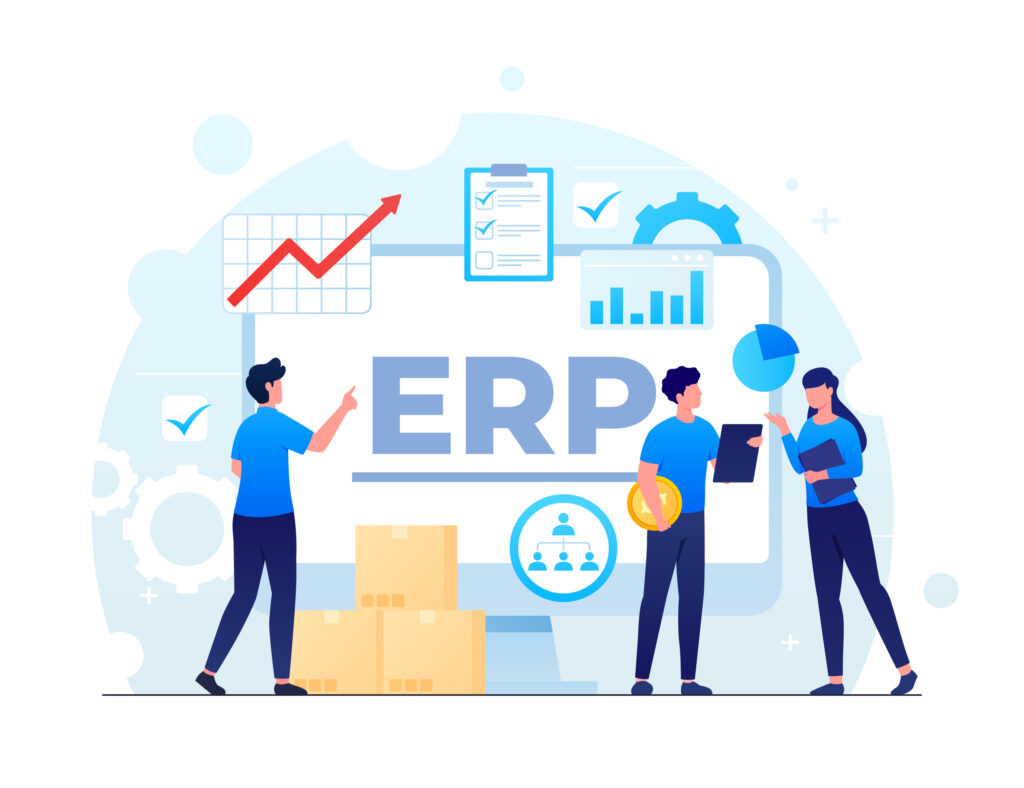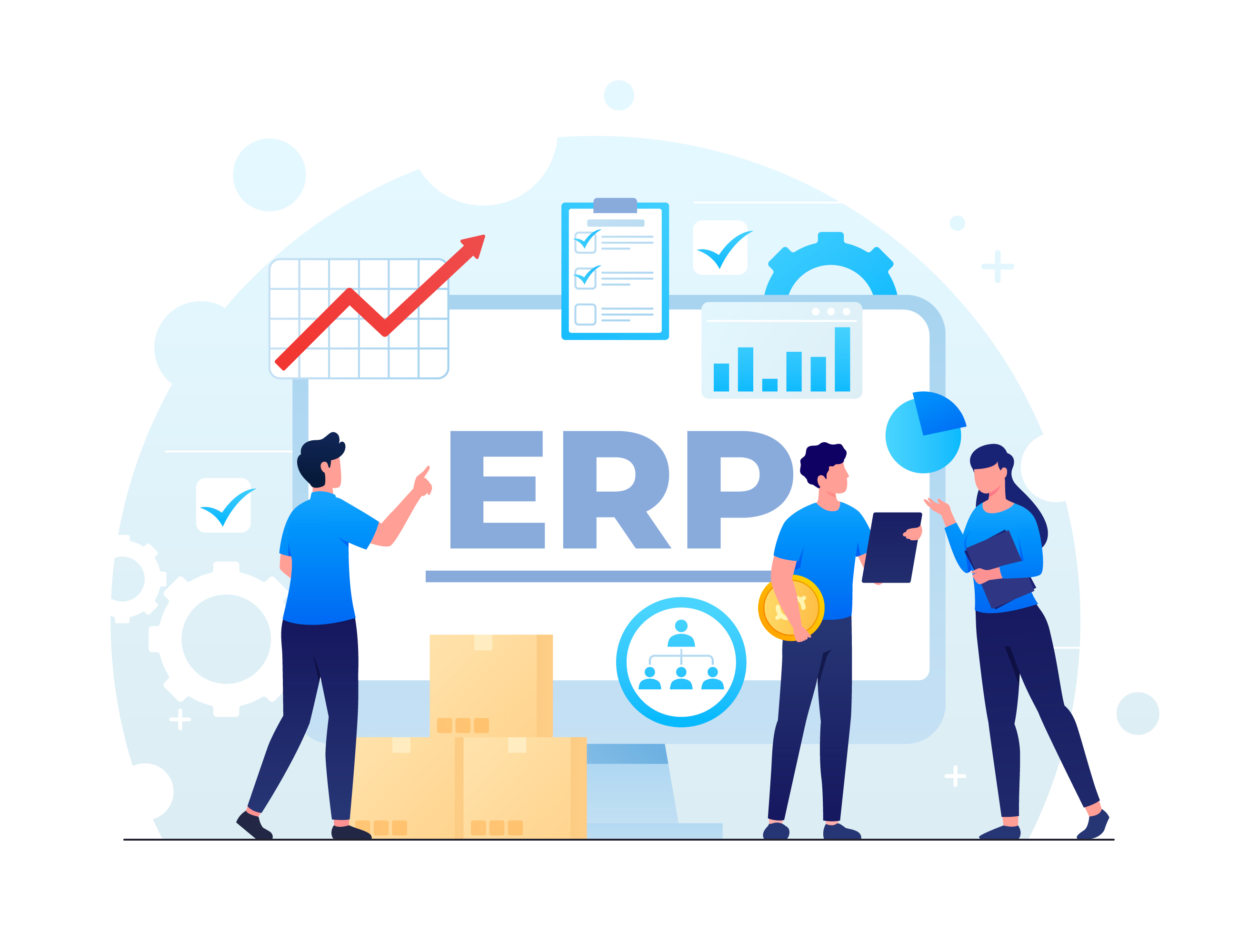Data has become a critical asset for modern businesses, with the potential to drive growth, enhance customer satisfaction, and increase operational efficiency. However, the true power of data can only be unleashed when it is effectively managed, analyzed, and leveraged to make informed decisions. This is where an integrated Enterprise Resource Planning (ERP) system comes into play. By streamlining business processes, facilitating data integration and providing real-time insights, an ERP system can help businesses unlock the power of their data.

ERP systems are software solutions that enable businesses to manage various aspects of their operations, such as accounting, inventory management, procurement, human resources, and customer relationship management, all in a centralized system. By integrating different business processes and data sources, an ERP system can eliminate data silos, reduce manual errors, and improve overall data accuracy.
An integrated ERP system can also help businesses make data-driven decisions by providing real-time insights into critical business metrics, such as inventory levels, sales performance, and customer behavior. With access to accurate and up-to-date data, businesses can identify trends, detect issues early, and take proactive measures to address them. This can result in better customer experiences, improved operational efficiency, and ultimately, increased profitability.
Moreover, an integrated ERP system can enable businesses to improve collaboration and communication across departments, which is crucial for effective data management. With a centralized database, different teams can access the same information, reducing the risk of data inconsistencies and duplication. This can lead to faster and more informed decision-making, as all stakeholders have access to the same data.
Another significant benefit of an integrated ERP system is its ability to automate business processes, reducing the need for manual data entry and increasing productivity. With automation, businesses can save time and resources, freeing up employees to focus on higher-value tasks that require human expertise. This can also help reduce errors and increase data accuracy, as automated systems are less prone to mistakes than manual processes.
For businesses that operate in multiple locations or have a distributed workforce, an integrated ERP system can provide additional benefits. By centralizing data and processes, businesses can ensure that all employees have access to the same information, regardless of their location. This can lead to improved collaboration and communication across different locations, which is critical for effective data management.
One of the challenges businesses face when implementing an ERP system is ensuring that it integrates with their existing IT infrastructure. To achieve this, businesses need to carefully evaluate their IT environment and choose an ERP system that is compatible with their existing systems. This requires a deep understanding of different ERP systems and their integration capabilities, as well as the business’s unique needs and requirements.
Another challenge is ensuring that employees are adequately trained on the new system. ERP systems can be complex and require specialized knowledge to operate effectively. Therefore, it is essential to invest in employee training to ensure that they are proficient in using the system and can maximize its potential.
Despite these challenges, the benefits of an integrated ERP system far outweigh the costs. By leveraging the power of data, businesses can improve operational efficiency, enhance customer satisfaction, and increase profitability. Moreover, an integrated ERP system can enable businesses to adapt to changing market conditions and make informed decisions in real-time.
In conclusion, the power of data is undeniable, and businesses that harness it effectively can gain a significant competitive advantage. An integrated ERP system can help businesses unlock the power of their data by streamlining processes, facilitating data integration, and providing real-time insights. By investing in an integrated ERP system, businesses can improve collaboration, increase productivity, and achieve better outcomes.
Additional Articles to read:




